搜索结果: 'methocult media formulations for human hematopoietic cells serum containing'
-
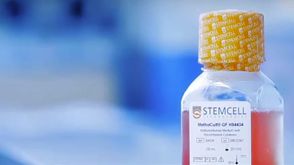 7:41
Procedure for Setting Up the CFC Assay
7:41
Procedure for Setting Up the CFC Assay产品类型:
产品号#:
03534
03630
03134
03231
03234
03334
03434
03444
03436
04436
04064
04100
04230
04236
04431
04434
04444
04464
04531
04535
04545
04536
04564
07700
03236
04035
04330
04034
04044
04435
04445
04534
04544
产品名:
MethoCult™GF M3534
MethoCult™M3630
MethoCult™M3134
MethoCult™M3231
MethoCult™M3234
MethoCult™M3334
MethoCult™GF M3434
MethoCult™GF M3434
MethoCult™SF M3436
MethoCult™ SF H4436
MethoCult™ H4034 Optimum启动试剂盒套装
MethoCult™ H4100
MethoCult™H4230
MethoCult™SF H4236
MethoCult™H4431
MethoCult™H4434经典
MethoCult™H4434经典
MethoCult™ H4434 Classic启动试剂盒套装
MethoCult™H4531
MethoCult™H4535富集无EPO
MethoCult™ H4535 Enriched,不含EPO
MethoCult™ SF H4536
入门套件MethoCult™H4534经典无EPO
含 2% FBS的Iscove's MDM
MethoCult™SF M3236
MethoCult™H4035 Optimum无EPO
MethoCult™H4330
MethoCult™H4034 Optimum
MethoCult™H4034 Optimum
MethoCult™H4435富集
MethoCult™H4435富集
MethoCult™H4534经典无EPO
MethoCult™H4534经典无EPO
发布日期: 9/21/10 -
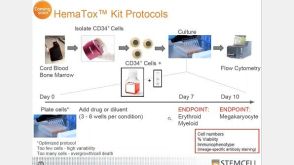 55:33
Anticipating Cytopenia: In Vitro Methods for Hematotoxicity Testing
55:33
Anticipating Cytopenia: In Vitro Methods for Hematotoxicity Testing产品类型:
产品号#:
09701
09704
09707
产品名:
HemaTox™红系试剂盒
HemaTox™髓系试剂盒
HemaTox™巨核细胞试剂盒
发布日期: 5/26/16 -
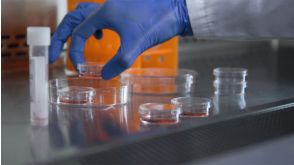 10:25
CFU Assay Instructions for Global Proficiency Testing Programs
10:25
CFU Assay Instructions for Global Proficiency Testing Programs产品类型:
产品号#:
00650
00651
产品名:
人骨髓质量控制试剂盒
人脐带血质量控制试剂盒
发布日期: 2/14/17 -
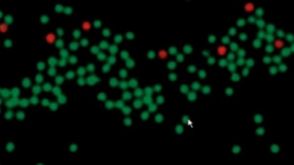 26:43
Cell Separation Solutions for HLA and Chimerism Analysis
26:43
Cell Separation Solutions for HLA and Chimerism Analysis产品类型:
产品号#:
17855
17855RF
19961HLA
19961HLARF
19655
19655RF
产品名:
EasySep™人CD56正选试剂盒 II
RoboSep™ 人CD56正选试剂盒 II
EasySep™ HLA总淋巴细胞富集: 用于处理全血的完全试剂盒
RoboSep™ HLA总淋巴细胞富集: 用于处理全血的全套试剂盒含滤芯吸头
EasySep™ Direct人总淋巴细胞分选试剂盒
RoboSep™ Direct人总淋巴细胞分选试剂盒
发布日期: 11/18/09 -
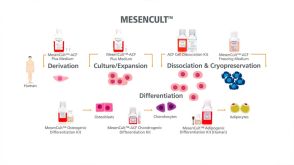 1:51
MesenCult™ for Mesenchymal Stromal Cell Derivation, Culture & Differentiation
1:51
MesenCult™ for Mesenchymal Stromal Cell Derivation, Culture & Differentiation产品类型:
产品号#:
05455
05490
05439
05465
05445
05448
产品名:
MesenCult™-ACF软骨细胞分化试剂盒
MesenCult™-ACF冻存液
MesenCult™-hPL 培养基试剂盒
MesenCult™ 成骨细胞分化试剂盒 (人)
MesenCult™-ACF Plus培养基
MesenCult™-ACF Plus培养试剂盒
发布日期: 4/9/19

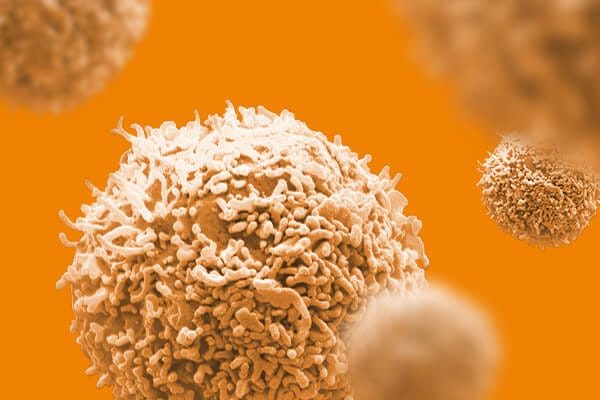
 EasySep™小鼠TIL(CD45)正选试剂盒
EasySep™小鼠TIL(CD45)正选试剂盒
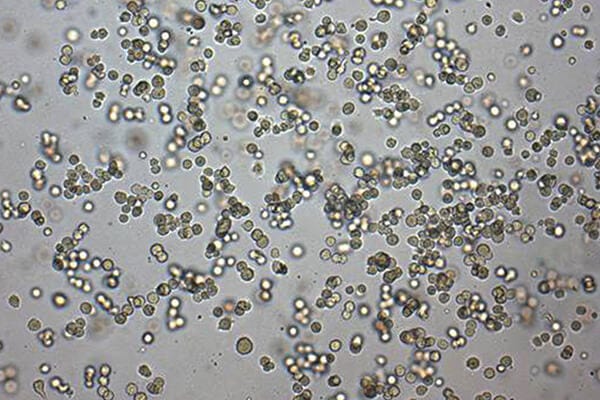
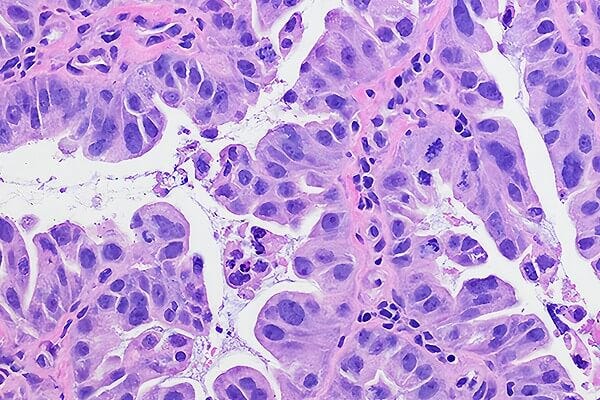



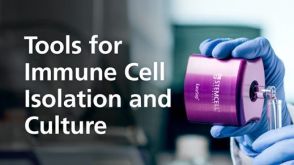
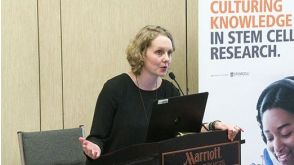
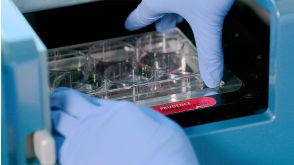
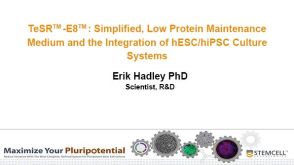
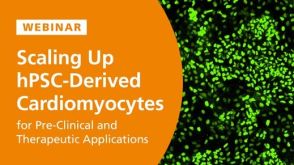
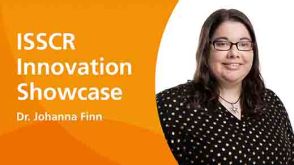

 沪公网安备31010102008431号
沪公网安备31010102008431号